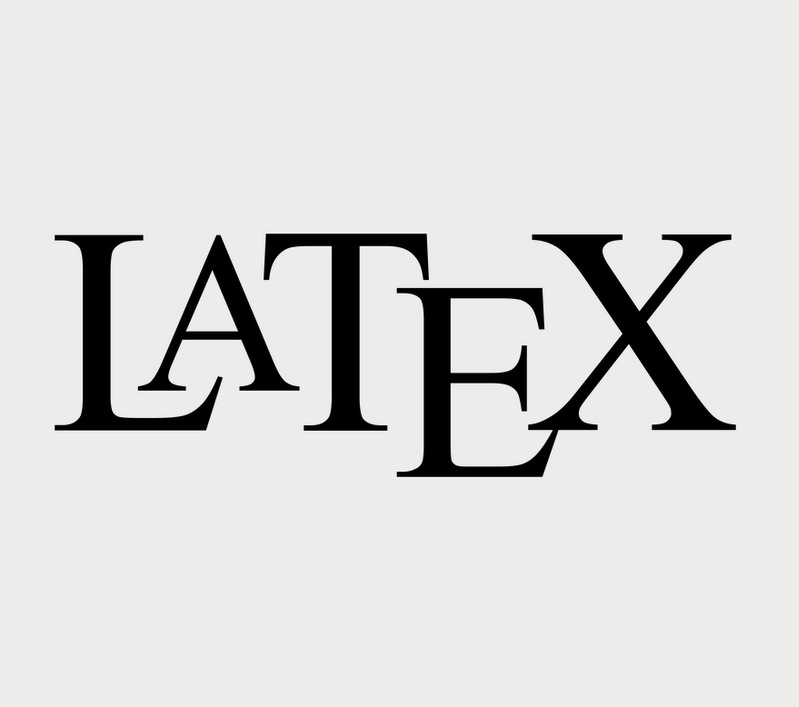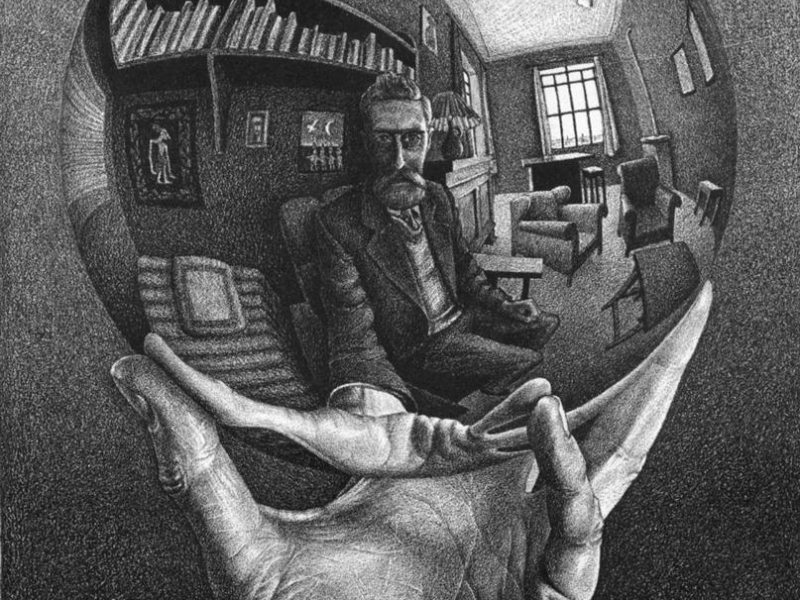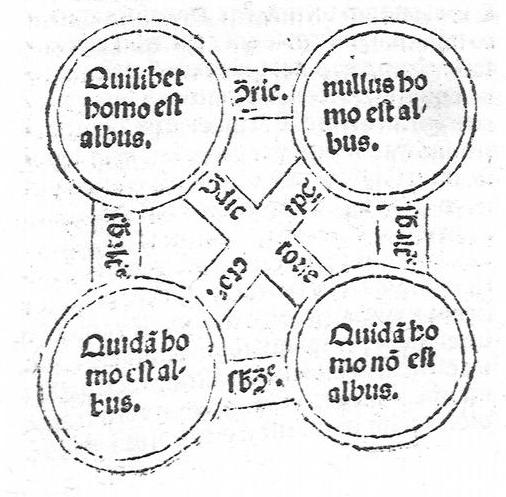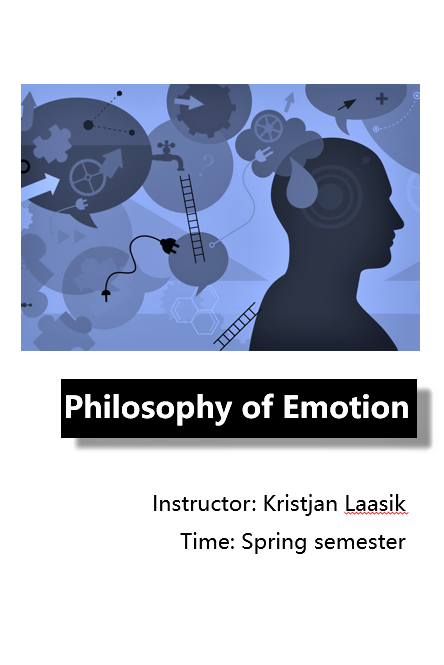Advanced Sanskrit
Instructor: Dr. HORIUCHI Toshio
Time: Fall Semester
Place: Graduate Building 410
Syllabus: Download

In this course, we will read the original Sanskrit text of Tarkabhāṣā (chapter on inference), an introduction to Buddhist logic by Mokṣākaragupta. This text is a summary not only of the main theories of the Buddhist tradition of epistemology and logic but also of the main systematic themes to which its theoretical concepts have been applied. In this course, students will develop their ability to read Sanskrit and learn about Buddhist logic and thoughts of Indian philosophy. Basic knowledge of Sanskrit is required, but students may refer to Tibetan, English, and Japanese translations as appropriate.
The Classics of Indian Philosophy
Instructor: Dr. HORIUCHI Toshio
Time: Winter Semester
Place: Graduate Building 208
Syllabus: Download

There are three main parts to this course. The first is reading translations (English etc.) of basic Indian philosophy and Buddhism texts and exploring their philosophical ideas. The second is to introduce students to the major works in these areas and to help them understand the basic concepts. The third is to examine the influence of Indian religious philosophy on China and East Asia. The course will provide students with a solid grounding in Indian philosophy based on reading the classics. The course will also introduce students to the latest research findings in China and abroad.
LaTeX in Academic Writing
Instructor: Dr.Bruno Bentzen
Time: Fall, Thu, 1:15–3:40 PM
Place: Cheng-Jun Building #4, Room 611.
Syllabus: Download

Introduction to the basics of LaTeX such as setting up LaTeX documents, typesetting mathematical equations, using LaTeX packages, and related material.
Topics on German Philosophy
Instructor: Dr. GUTLAND Christopher
Time: Fall & Winter Semester
Place: Cheng-Jun Building #4.
Syllabus: Download

This course aims at tracking the impact of the “I think” as a primordial anchor point inaugurated by René Descartes’ within three German philosophers: Immanuel Kant, Johann Gottlieb Fichte and Edmund Husserl. The questions the course raises are: As what do these authors conceive the ‘I’ and its relation to thinking? What role does it play in their respective philosophies? And how do their philosophies relate to each other when the ‘I think’ is taken as the focus of contrast? The course starts with reviewing the six meditations in Descartes Meditations on First Philosophy. In Kant, the course focuses on the first part of the Critique of Pure Reason, wherein the “I think” or transcendental apperception is called the “highest point” of transcendental philosophy. In Husserl, the course will first delve into the first four Cartesian Meditations to establish a background and then look at essential sections in other works of Husserl discussing the ‘I’. In Fichte, who outright began his philosophy with the I and its activity (Tathandlung) as its first principle, the course focuses of the beginning sections of the Science of Knowledge.
Foundations of mathematical logic
Instructor: Dr.Bruno Bentzen
Time: Spring & Summer Semester
Place: Cheng-Jun Building #4, Room 611.
Syllabus: Download

Introduction to propositional and first-order logic, their semantics and proof systems, completeness and other metatheoretical results.
Philosophy of Emotion
Instructor: Dr. Kristjan Laasik
Time: Spring Semester
Place: Zijingang Campus
Syllabus: Download

This course provides an introduction to the central topics in the philosophy of emotion, and proceeds to explore some of these topics in depth, based on reading and discussing classical and contemporary texts. We will begin by considering core aspects of emotions, with a focus on their peculiar phenomenology and intentionality, and proceed to a consideration of the variety of different emotions, as well as the relations between emotions and values. We will also give considerable attention to the different theories of emotions, such as the feeling theories, judgmental theories, perceptual theories, and attitudinal theories. Finally, we will consider various aspects of the epistemological role and importance of emotions.
Frontier of Epistemology
Instructor: Dr. Davide Fassio
Time: Summer, Wed, 14:05-17:30
Place: Cheng-Jun Building #4, Room 611.
Syllabus: Download

This course is focused on Timothy williamson's book Knowledge and its Limits.This is the most important work in epistemology in the last three decades.In this book, Williamson argues for a number of theses that revolutionized contemporary epistemology. Some of these theses include:that knowledge is an unanalyzable mental state; that epistemic access to one's own mental states is far more limited that has been traditionally thought that evidence consists in what one knows; that knowledge is the norm of assertion.